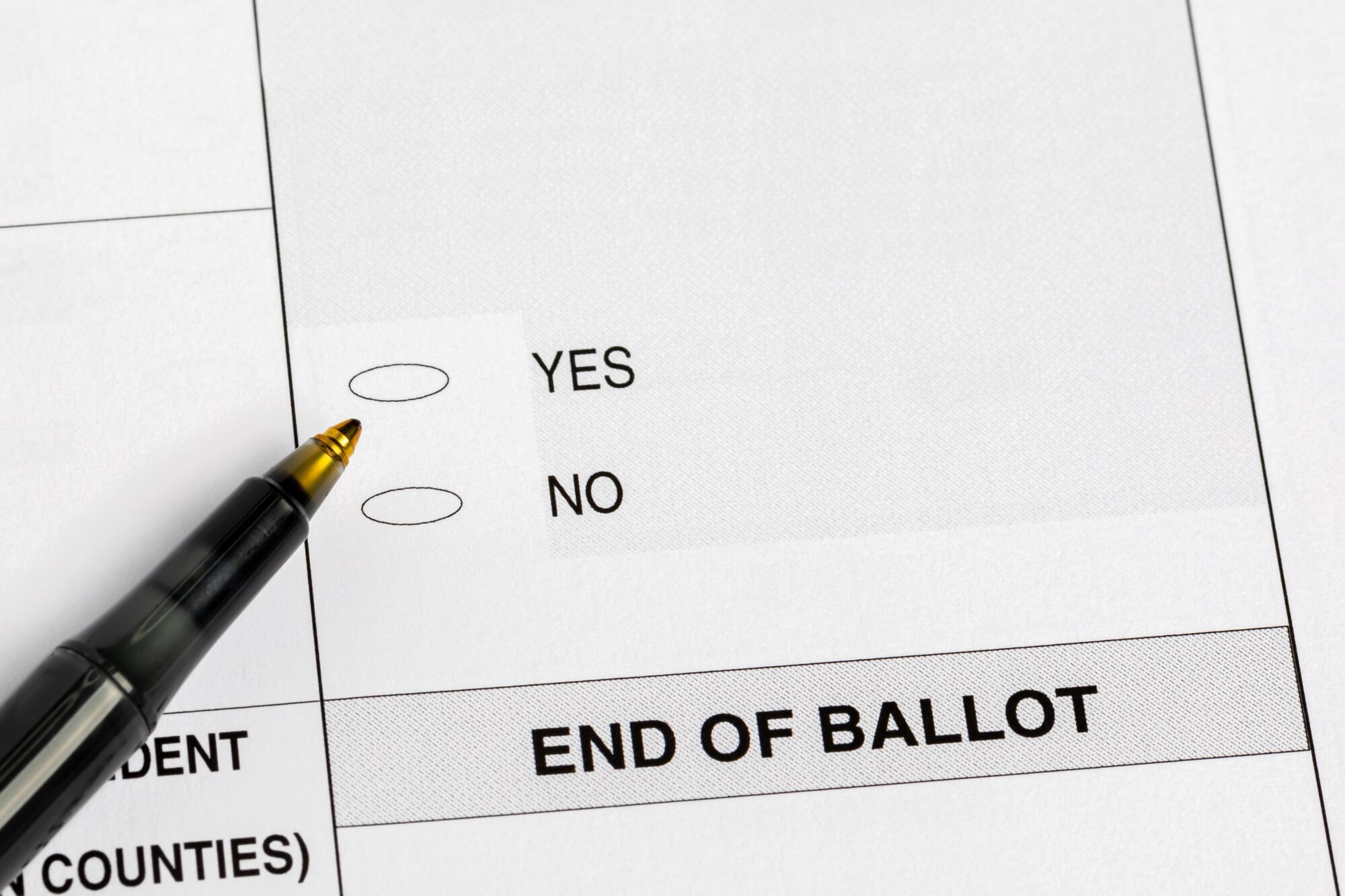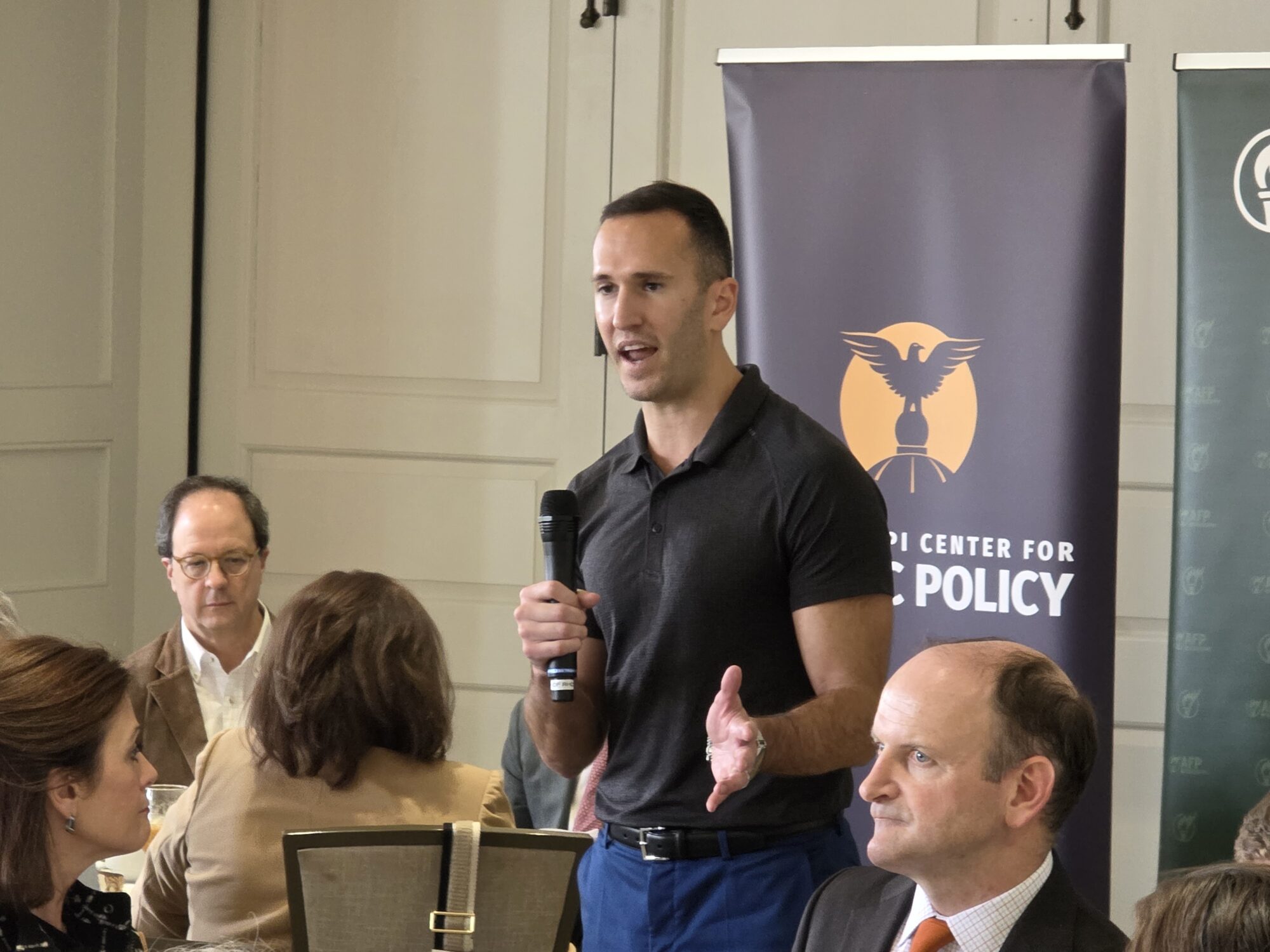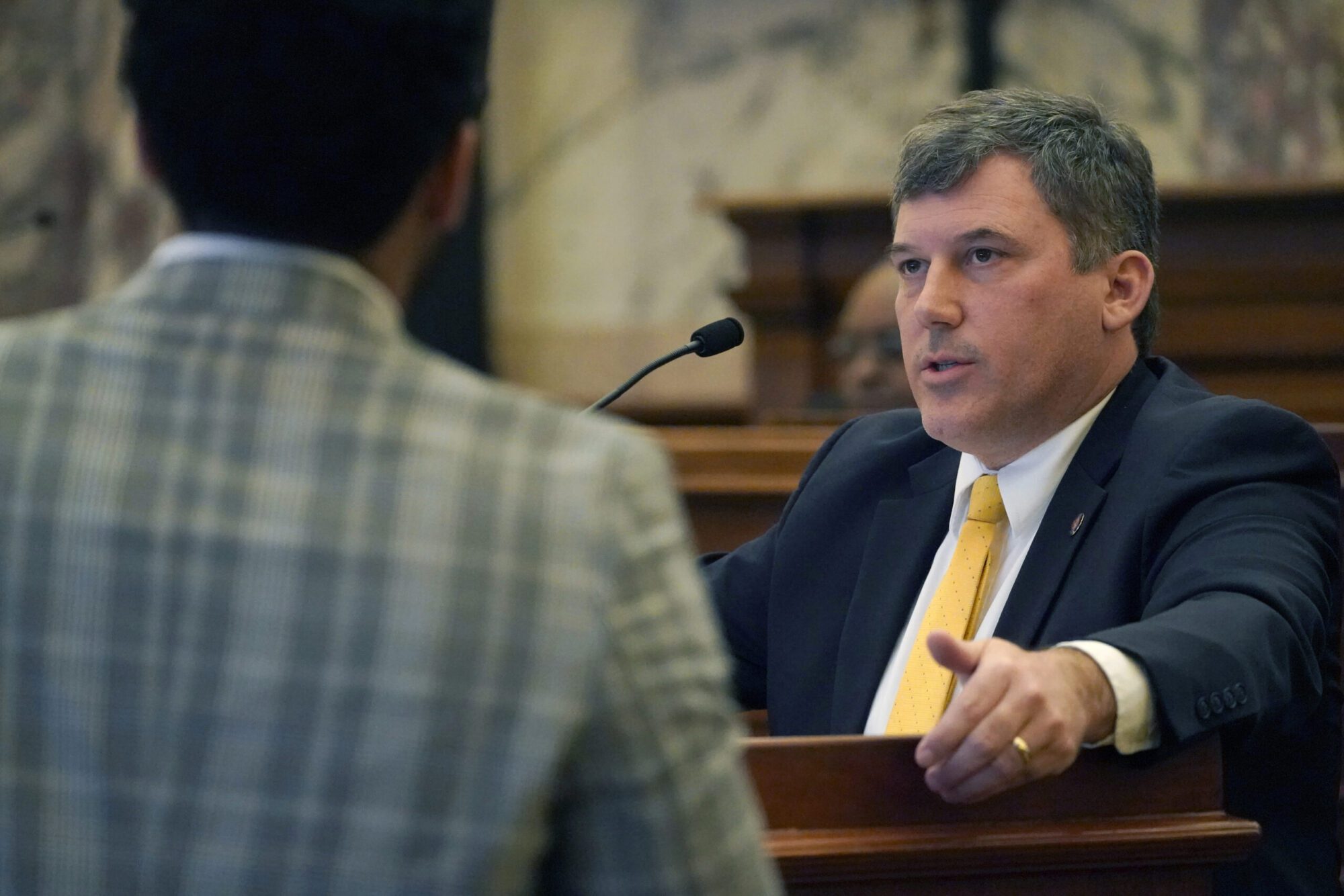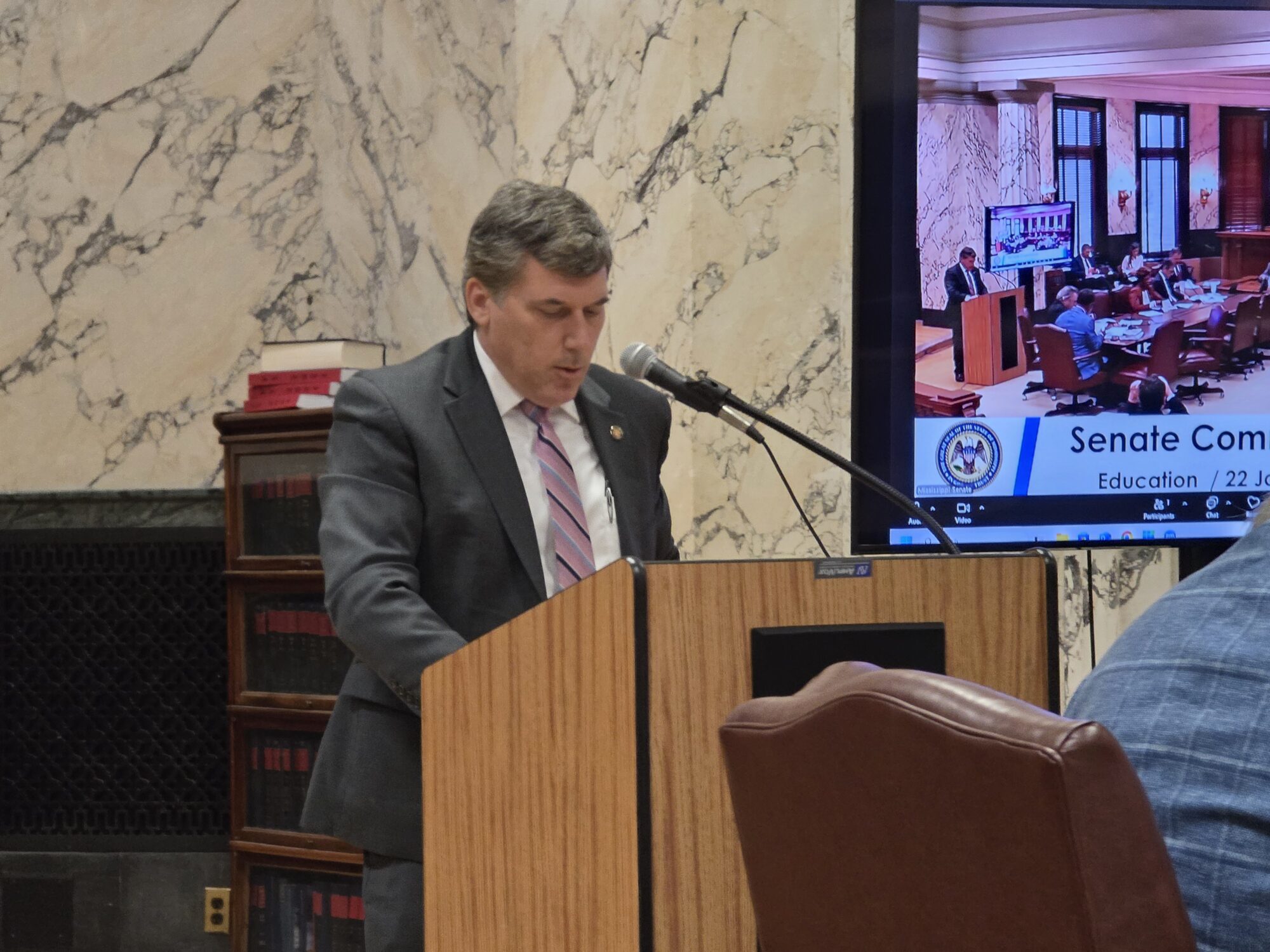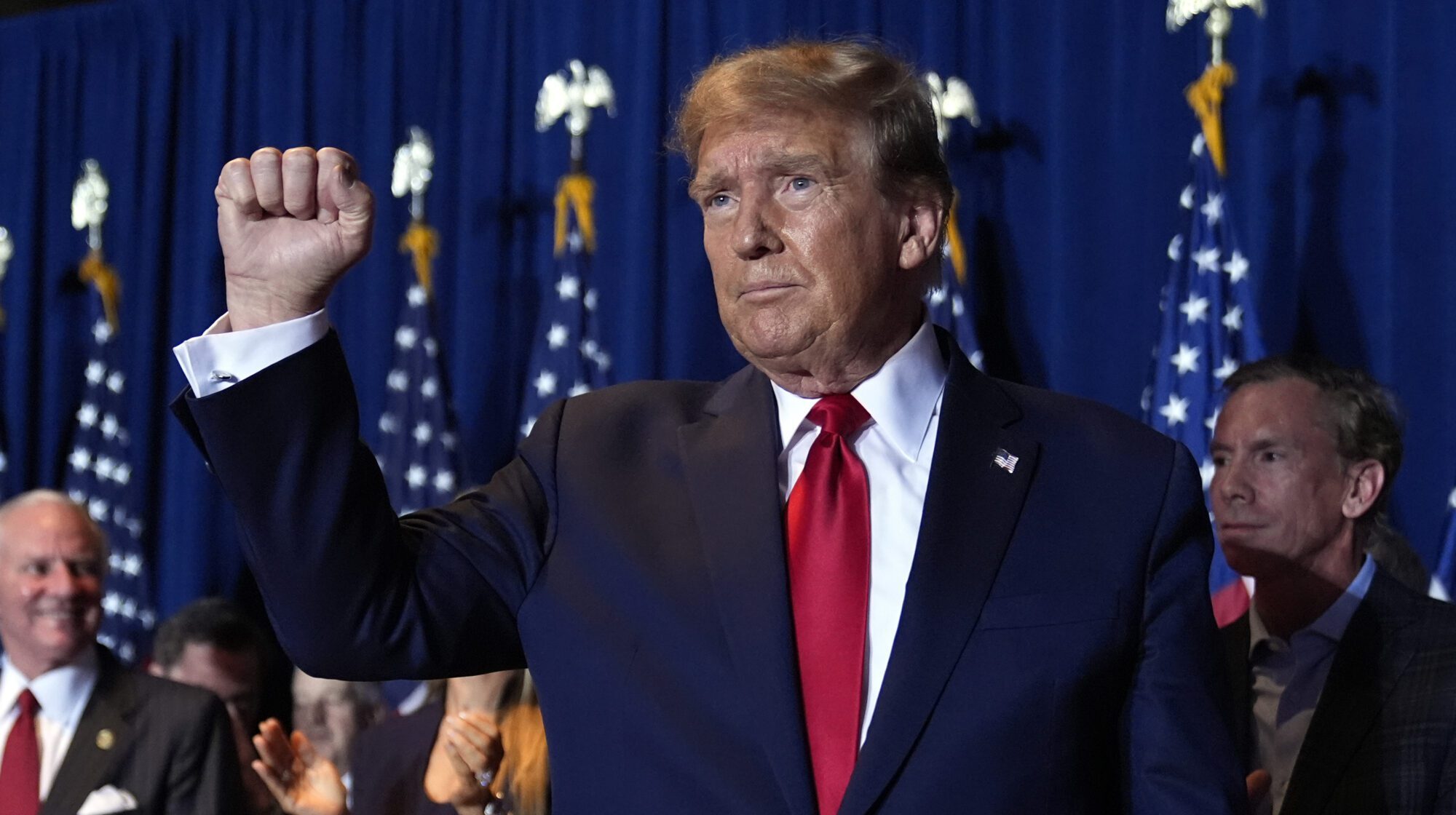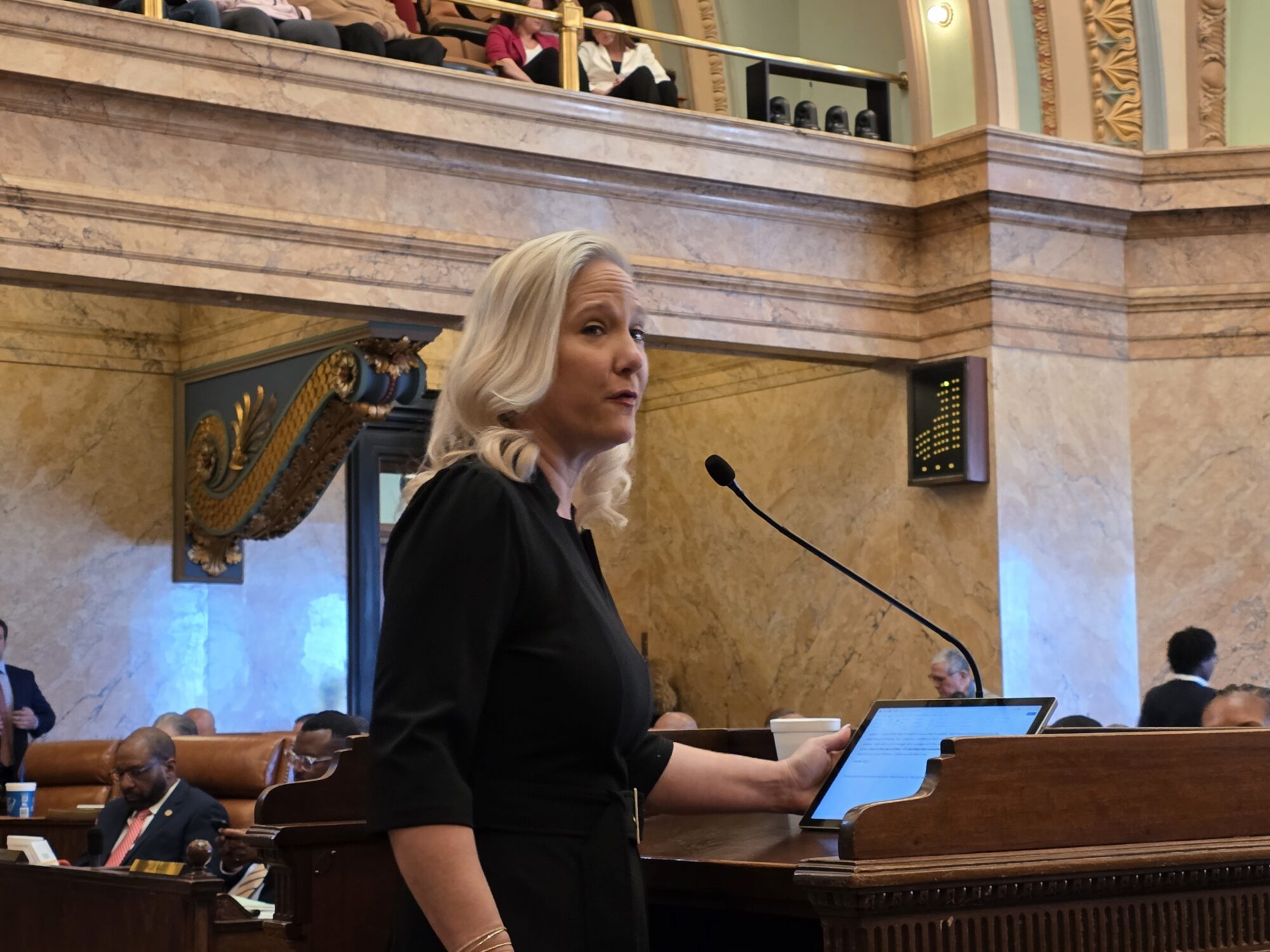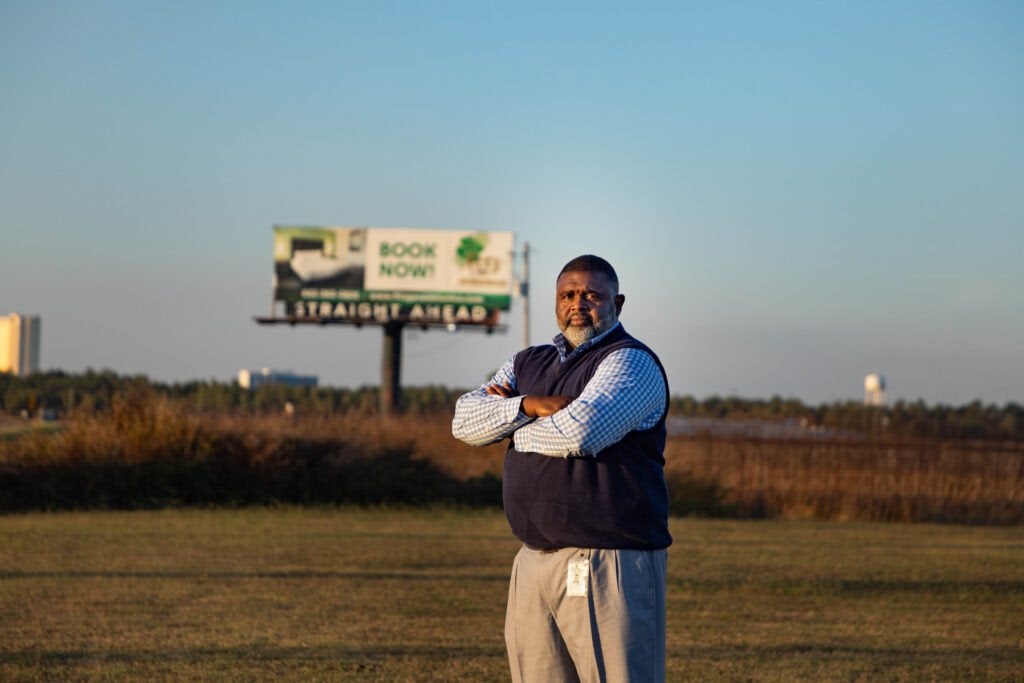
Mississippi medical cannabis business owner Clarence Cocroft is suing for his right to widely advertise his business. Submitted photo
- Olive Branch-based cannabis dispensary owner plans to continue legal fight to increase awareness of his business and the medical cannabis program.
The Fifth Circuit Court of Appeals has upheld the Mississippi State Department of Health’s current ban on broad advertising for businesses selling medical cannabis products in the state.
A representative with the Department of Health told Magnolia Tribune that the “MSDH nor the MMCP (Mississippi Medical Cannabis Program) have a comment on the ruling.”
State law allows the Mississippi Department of Health and the Department of Revenue to establish the rules pertaining to medical cannabis advertising opportunities.
Currently, medical cannabis businesses in the Magnolia State are limited in the forms of legal advertising. Allowable forms of advertising include business directories such as phone books, medical publications, sponsorships of a non-profit charity or advocacy event, the creation and maintenance of a website and social media account, and company logos that can include images of cannabis.
In response to the strict limitations, Tru Source Medical Cannabis owner Clarence Cocroft filed a lawsuit against the state of Mississippi to gain access to all of the forms of advertising other businesses enjoy.
On Friday, the Fifth Circuit Court of Appeals upheld the state’s ban.
Even though medical cannabis is legal in the state, the court cited the current federal ban on marijuana as grounds for its decision, stating, “…the court held that medical-marihuana advertising does not qualify for First Amendment protection because federal law criminalizes the underlying transactions.”
Cocroft’s aim is to gain access to advertising in magazines, newspapers and social media.
“Upholding this ban makes it incredibly difficult for me to find potential customers and to educate people about Mississippi’s medical marijuana program,” said Cocroft in a statement issued by the Institute for Justice. “I remain committed to continuing this fight so my business can be treated the same as any other legal business in Mississippi.”
The recent decision may not be the end of Cocroft’s efforts to change the current state law.
Cocroft’s attorney Katrin Marquez told Magnolia Tribune that there is consideration to ask the Fifth Circuit Court of Appeals to reconsider its decision or request that the court to go en banc so all judges can hear the case. A possible appeal to the U.S. Supreme Court is also on the table.
“For any business owner, being able to advertise their business is vitally important,” Marquez told Magnolia Tribune on Monday.
Marquez contends that since state law now allows the legal sale of medical cannabis products, owners of businesses in that market should be able to advertise on the same level as casinos and bars.
“If a business is legal at the state level, the state cannot prevent people from talking about that business,” said Senior Attorney Ari Bargil. “Clarence, and all legal business owners in the state, have a First Amendment right to provide potential customers with truthful information about their legal businesses.”
One of the major hurdles Cocroft faces with the current ban is that while his website lists the address of his place of business, it is located in an industrial area that does not get a lot of traffic, making it hard to inform the public of its presence, Marquez said.
“So, he can’t have ads that direct people in how to get to his location even though it’s very hard to find,” Marquez added. “Under the First Amendment if it’s legal to sell a product, it’s also legal to discuss that product. So, we don’t think the reasoning in this case makes very much sense because Mississippi can’t use the authority of the federal government to create a market for something and say that thing is legal but then when it’s convenient decide to treat it as illegal.”
However, the court disagreed, stating in its ruling:
“In the final analysis, a state’s ability to ban commercial speech is ‘concomitant’ to the unlawful status of the underlying transaction. It is constitutionally irrelevant whether the state or the federal government imposed the status of illegality,” the court ruled, adding, “To qualify for First Amendment protection, commercial speech must ‘at least concern lawful activity.’ Federal law criminalizes medical marihuana in every state—including Mississippi. Therefore, Mississippi’s commercial-speech restrictions do not offend the First Amendment.”
You can read the full decision by the Fifth Circuit Court of Appeals below.
